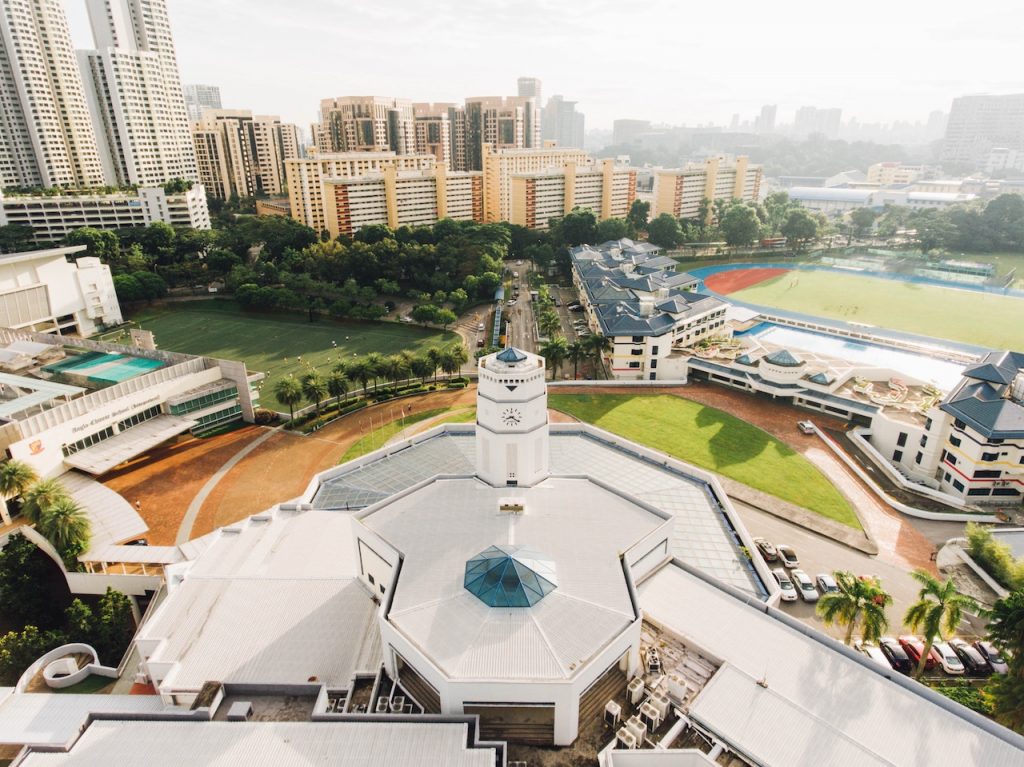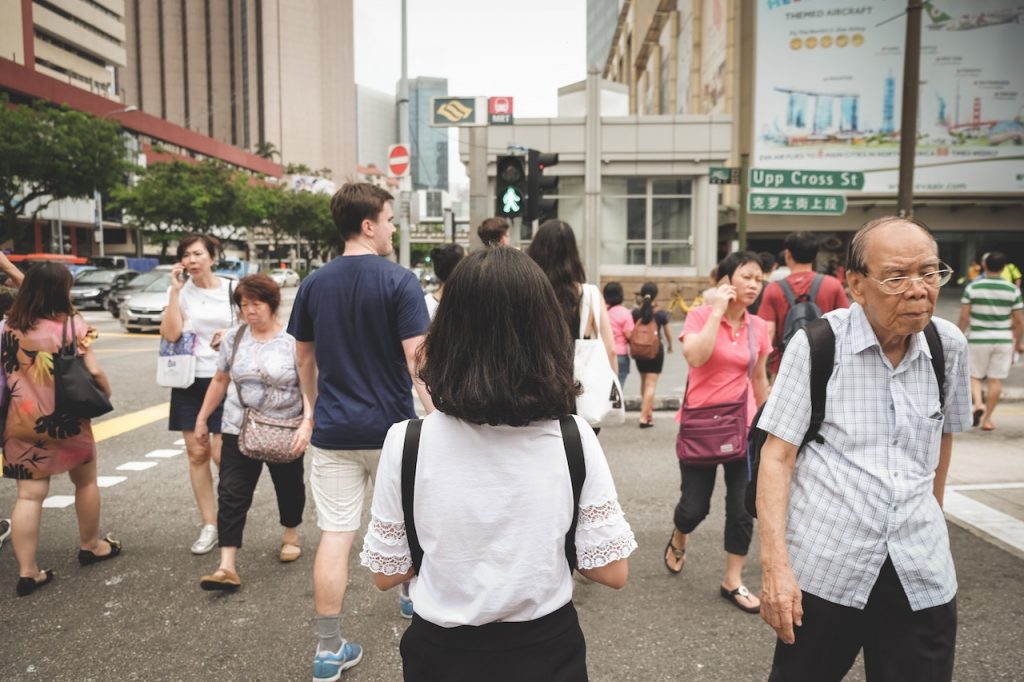It’s been a decade since I first started questioning the version of meritocracy that our education system upholds.
Back in 2009, contemporary philosopher Alain de Botton spoke about a kinder, gentler philosophy of success. He mentioned that our common definition of meritocracy presumes that anyone can get ahead, as long as they have talent, energy, and skill. Therefore, both success and failure are an individual’s complete responsibility.
But, as he went on to elaborate, life comprises myriad random but significant factors over which we don’t have control, such as accidents of birth. By understanding their importance, we can begin to develop a more inclusive and empathetic idea of what success means to us.
Then, in 2018, sociologist Teo You Yenn published the widely-read book, This is What Inequality Looks Like. A substantial part of her findings was grounded in the notion that getting to the root of inequality requires a hard look (and even overhaul) at/of policies. In particular, those which inadvertently discriminate against our race, class, and gender—to name a few of the random factors that Alain de Botton highlighted.
Similar to de Botton’s stance on meritocracy, Teo’s research showed that inequality is deeply entrenched within the system, and that stemming it requires more than a change in individual mindset or behaviour. Her book ended up being the catalyst for a highly charged, long overdue national conversation on inequality.
This year, we’ve found ourselves wondering how the conversation can continue to progress in 2019, to ensure ‘inequality’ doesn’t turn into a mere trending topic.
Here is a non-exhaustive list of considerations.

This should be obvious. Yet we still appear content with narratives that merely highlight the various far-reaching areas of inequality. While they’re necessary, we must begin to look beyond basic awareness to enact the change we want to see. Otherwise, we simply move on to other hot-button topics of the day.
If we want our conversations about inequality to truly shape a society we hope to live in, we should begin by acting on the mini injustices we witness in our daily lives.
Any public criticism of any area of inequality should also come with probable and tangible solutions to address the issues.
Individual agency and systemic shifts must work hand in hand.
While inequality is rooted in the system through well-meaning policies that may reinforce a class/gender/race divide, it is also a multi-dimensional, multi-sector, multi-generational problem. Hence, it would be impossible for any singular ministry or policy change to weed out.
For example, status anxiety is one of the core reasons that drive us to compete with each other. We are perpetually worried about increasing our income and climbing the ranks at work.
In turn, this shapes the values of an education system that we believe is designed to put us ahead of the pack. So, for instance, enacting an education policy to control the burgeoning tuition industry would be myopic if it doesn’t also take into account the culture that champions the rat race.
On the other hand, merely waiting for policy change is ineffective. In the meantime, what we can do on an individual level is begin addressing all kinds of inequality within our immediate circles.
For example, practise gender equality in the workplace. Pay the same salary to male and female staff with the same skill sets and experience. Be aware of unintended sexist beliefs about male and female employees, and stop them from manifesting in work. Question any implicit biases in the hiring process to ensure you get the best candidate, regardless of education, class, gender, or race.
Among friends, realise the influence of individual upbringing on how they spend their money, how they understand their racial privilege in Singapore, or how they behave among people from more elite schools, to name a few instances.
Of course, being ‘nicer’ to our friends, colleagues, and family won’t solve inequality. But it’s imperative to realise that inequality is not an abstract problem that only politicians can tackle.
We must not neglect that it also manifests within personal moments and interactions in our daily lives.

In an ideal world, it would be mandatory for every reporter and editor to work for policymaking divisions within the government before they join the newsroom. This wouldn’t just enable them to understand the basis of certain policies and how they are crafted, but also help them develop more critical and informed policy critiques for their audience.
By understanding policy and how it impacts various types of inequality, the media can move beyond sensational criticism.
For instance, they would stop focusing on diagnosing symptoms and start addressing the causes. Last year’s CNA documentary on class irresponsibly highlighted a symptom of inequality—the growing class divide among Singaporean youth from different academic streams—and portrayed it as the cause of inequality itself.
Another mark of sensational news is the predictable ‘rags to riches’ anecdote. Although they may be used to inspire others who face similar unfavourable circumstances, the media should also find a more effective way to discuss their relevance (if at all) in today’s context.
As it is, the existing conversation tends to glorify these exceptions to the norm, distracting from broader policy issues that are felt by majority of the population.

When we debate the big issues of today via public policy, our communication style can seem like an inconsequential concern. After all, communicating a policy is often regarded as secondary to the actual policy change itself.
This misses the bigger picture. If the effects of public policy aren’t understood or taken seriously by the average citizen, a policy’s influence is limited. But communication in public policy isn’t solely about speaking clearly or succinctly, or conveying complex policies using layman analogies.
In this case, an often overlooked aspect of public policy language is word choice. For example, in public advocacy, using the more sensitive words, such as the term ‘survivors’ in place of ‘victims’, can reframe our assumptions about marginalised communities.
These changes might seem minute, but being intentional with language ensures that our storytelling uplifts the underprivileged, turning them into actors of their own narratives. In another example, we use ‘Special’, ‘Express’, and ‘Normal’ to denote the different academic streams. So we tend to forget that the term ‘normal’ is in fact perfectly normal, and does not carry a negative connotation in any other aspect of life.
Consider the alternative: while it’s reasonable to group students according to their learning ability in each school, there should be no need to explicitly label or classify each stream.
As we may observe from our own experiences, using certain positively or negatively charged words does innately shift one’s perspective on issues and communities over time.
That said, it’s also equally important that the words we use don’t become empty adjectives, like ‘innovative’ and ‘dynamic’.

Our meritocratic policies designed to keep Singapore economically competitive are arguably also the cause of inequality, but many of us have accepted that it’s a ‘trade-off’ or a fair compromise.
In a speech to Equal Ark charity last year, Minister for Education Ong Ye Kung expounded on the idea that inequality exists precisely because meritocracy has worked. He said, “The more meritocracy works, the more it looks like systemic unfairness. The more we uplift families, the harder it is to uplift those who remain poor. So paradoxically, these challenges result from the success, not failure, of our policies.”
While the minister raises a valid point, it’s unhelpful to frame inequality as a “success” of our policies. The ‘positive’ word choice inadvertently reinforces the necessity of meritocracy to maintain economic progress and competitiveness; that in order for one community to get ahead, another must suffer.
This defence of existing policies is something we hear often. But put it this way: that would be akin to implying that exams are necessary to cultivate our students’ sense of competitiveness. We know that’s untrue; exams might be useful, but competitiveness can be encouraged via other activities that don’t create unwarranted stress and anxiety, nor highlight the widening inequality between students from different class backgrounds.
So, just like we must realise that exams are unnecessary for a robust education, we must also be aware that social inequality isn’t an inevitable byproduct of economic progress and competitiveness.
After all, a good system doesn’t sideline those who are already marginalised for economic profit or convenience. It must be driven by values and policies that aim to benefit all communities.






